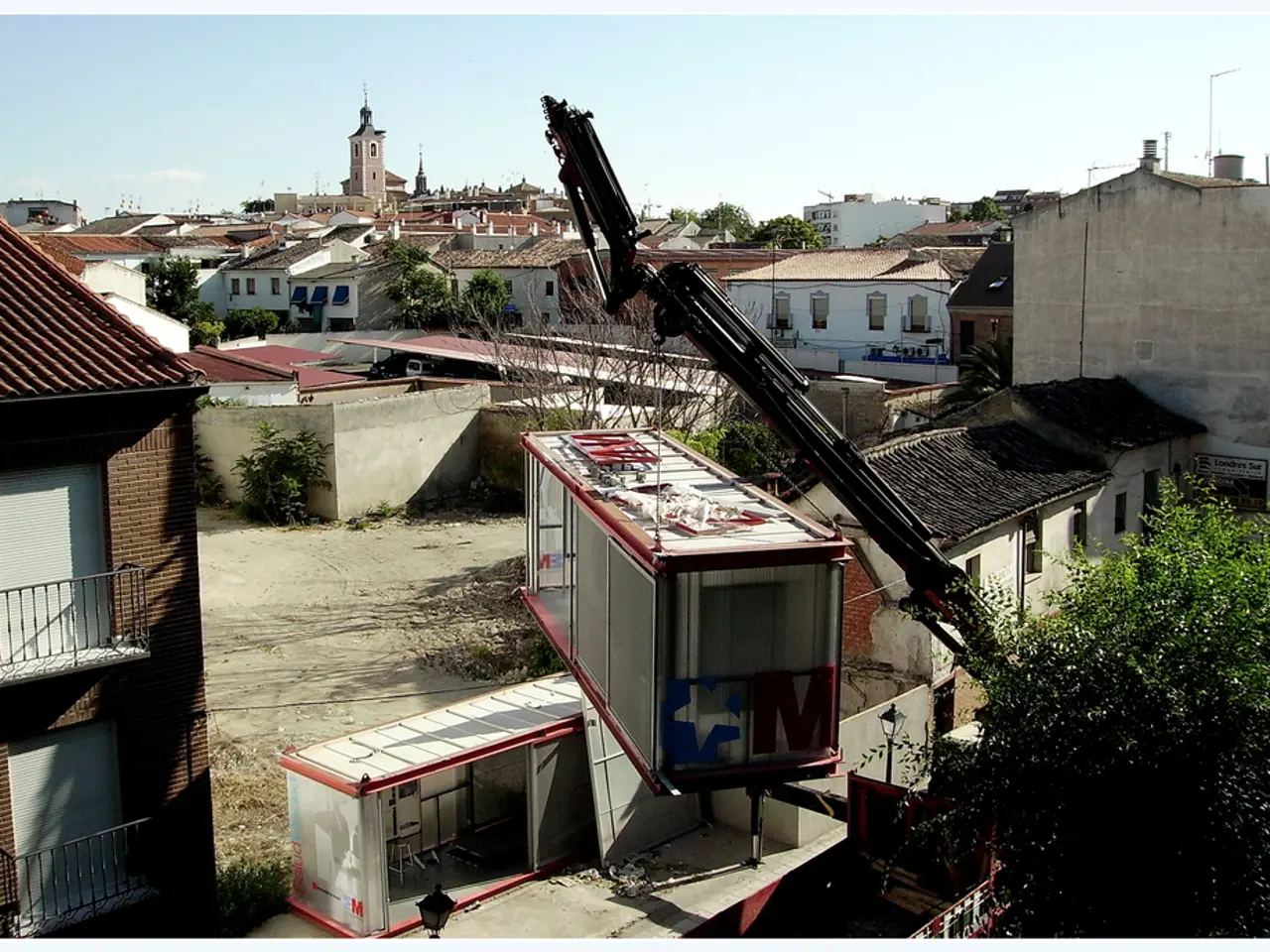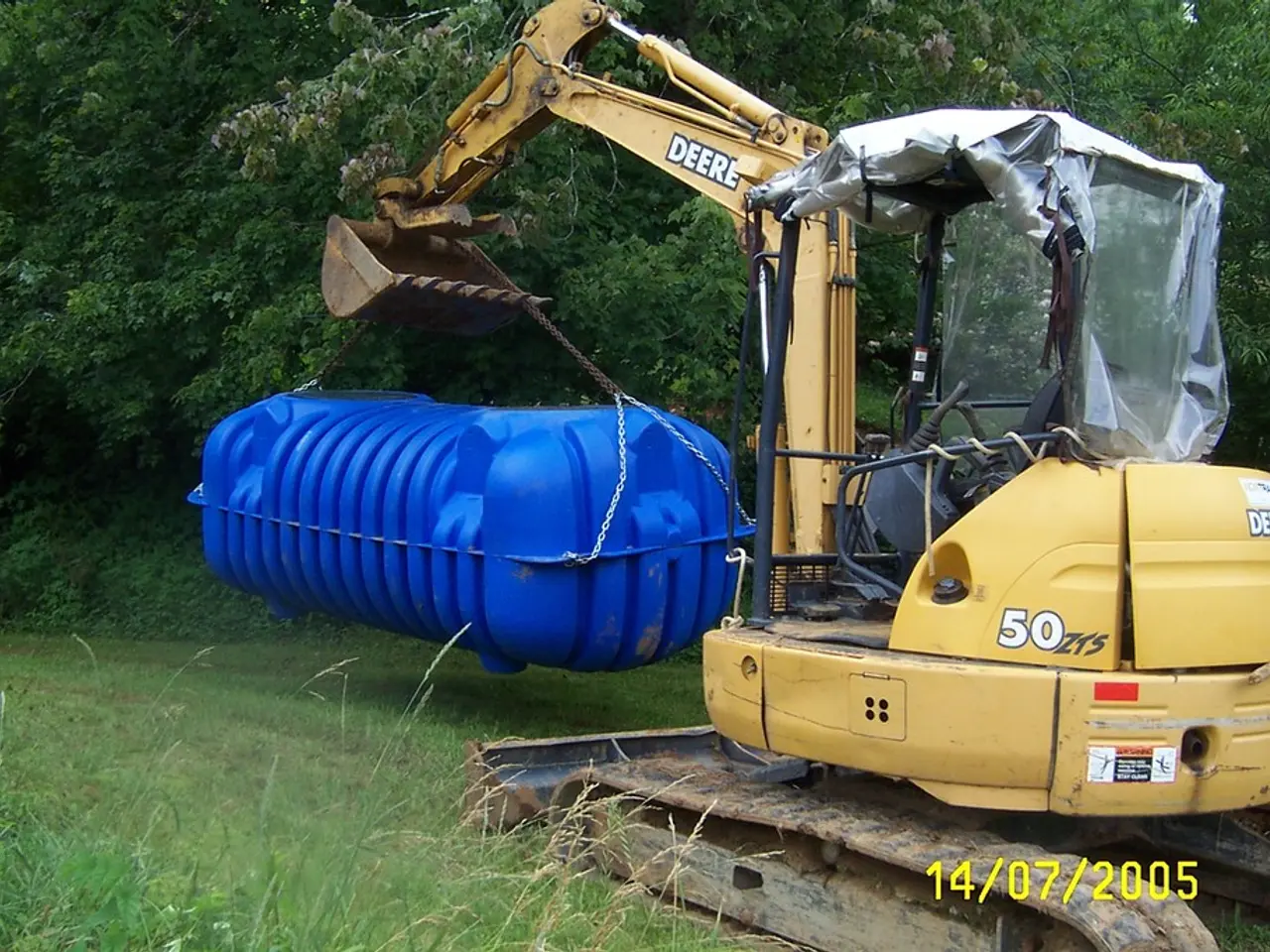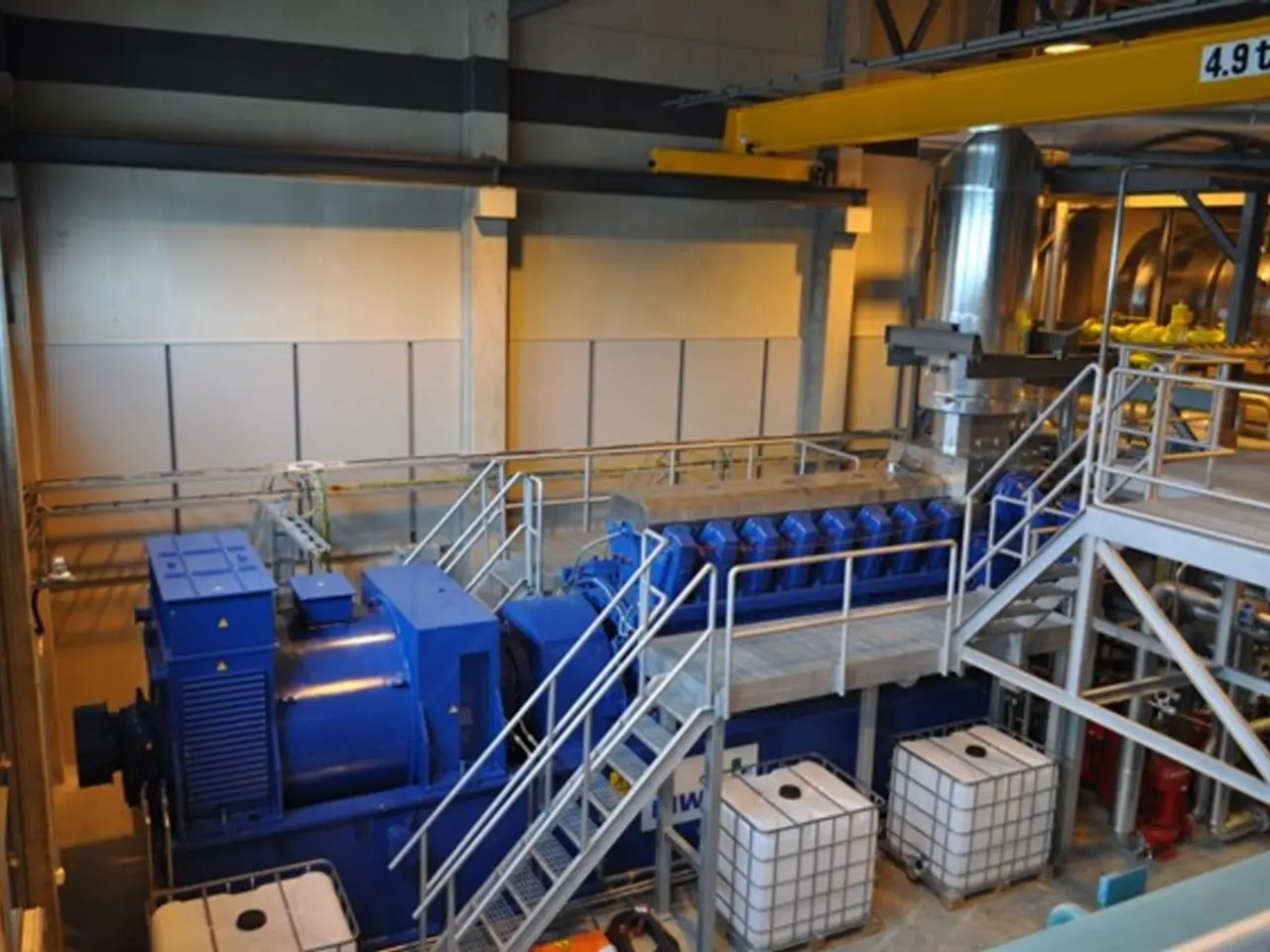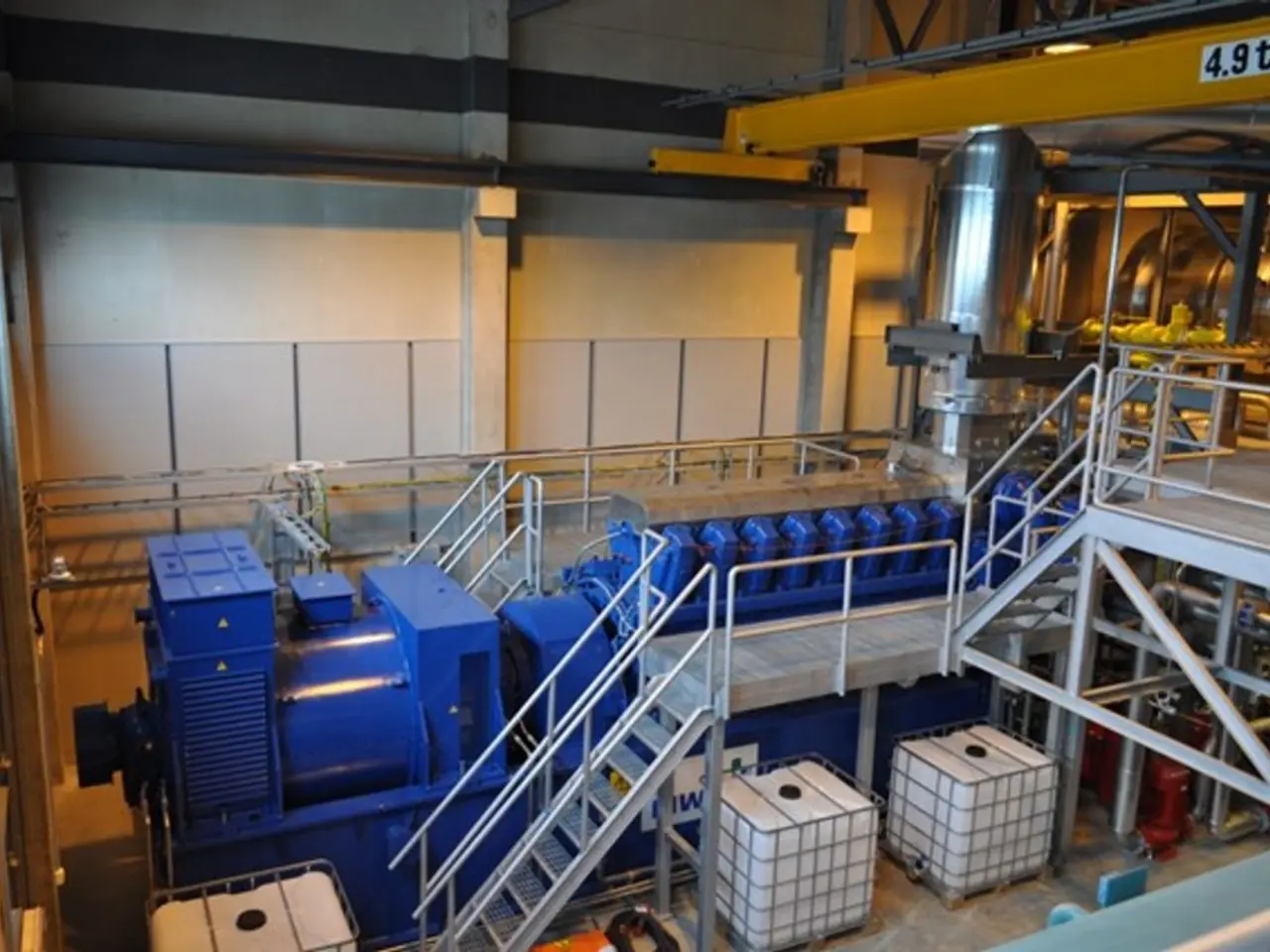AI-Integrated Robot System, AmbiStack, Debuts: Streamlining Warehouse Stacking Processes with Artificial Intelligence
The global warehouse automation market is projected to reach approximately USD 54.60 billion by 2030, growing at a CAGR of 11.7% from 2023 to 2030. This growth is driven by the increasing demand for efficiency and scalability in supply chain operations, a demand that Ambi Robotics' latest innovation, AmbiStack, is poised to meet.
AmbiStack, an AI-powered robotic stacking solution, automates the complex task of multi-SKU order stacking. Using advanced AI and robotic vision, AmbiStack can deconstruct, pick, and stack varied items with high accuracy, eliminating manual labor bottlenecks and reducing errors.
The unique form factor of AmbiStack allows the robot to stack in various container types, including those with tall side walls, or directly on the floor, adapting to existing facilities. This flexibility makes AmbiStack a versatile solution for a wide range of industries, including manufacturing, distribution, and ecommerce sectors.
AmbiStack empowers warehouse operations by increasing throughput and operational efficiency, scaling operations flexibly, improving workforce safety, and integrating seamlessly with existing warehouse automation systems. By automating heavy or repetitive lifting tasks, AmbiStack enables workers to transition into higher-value roles as robot operators.
Pre-sales for AmbiStack have been strong, and first deployments to select customers will begin mid-year and continue throughout the fall. Customers can start with one application and scale to others, ensuring they stay ahead in a competitive logistics landscape.
AmbiStack's AI planning system eliminates the need for tedious real-world data collection, allowing rapid deployment into production. The system features reinforcement learning, enabling it to reason about the most efficient stacking of unfamiliar items and adapt to real-world conditions on-the-fly to maximise pallet and container utilisation.
Performance of AmbiStack is expected to continue improving as robots collect data from production environments. The system uses Sim2Real reinforcement learning to initiate an AI flywheel for stacking performance improvement. This AI-powered evolution is an evolution of Ambi Robotics' AI-powered robotic innovations.
In summary, AmbiStack is a scalable solution that addresses the growing demand for efficiency and scalability in supply chain operations. By automating complex tasks, reducing errors, and improving workforce safety, AmbiStack directly supports key warehouse automation benefits of reducing manual labor dependency, enhancing throughput, and improving accuracy in order fulfillment to meet rising e-commerce and logistics demands. As the global warehouse automation market continues to grow, solutions like AmbiStack will play a crucial role in enabling supply chains to become more efficient, scalable, and adaptable to the evolving industry landscape.
[1] MarketandMarkets. (2021). Global Warehouse Automation Market Size, Share & Industry Analysis, By Component (Hardware, Software, Services), By Solution (Goods-to-Person, Person-to-Goods), By Application (Warehousing, Fulfillment & Distribution, Manufacturing), and Regional Forecast, 2021-2030.
[2] Grand View Research. (2020). Warehouse Automation Market Size, Share & Trends Analysis Report By Component (Hardware, Software, Services), By Application (Warehousing, Fulfillment & Distribution, Manufacturing), By Region, And Segment Forecasts, 2021 - 2028.
[4] McKinsey & Company. (2020). The future of work in logistics: Automation, AI, and the human touch.
Artificial-intelligence plays a significant role in AmbiStack, an AI-powered robotic stacking solution designed for various industries such as manufacturing, distribution, and ecommerce sectors, as it eliminates the need for real-world data collection and adapts to various container types.
The growth of the global warehouse automation market, projected to reach around USD 54.60 billion by 2030, is vigorously supported by innovations like AmbiStack, which address the demand for scalability by automating complex tasks, reducing manual labor dependency, and enhancing operational efficiency.




